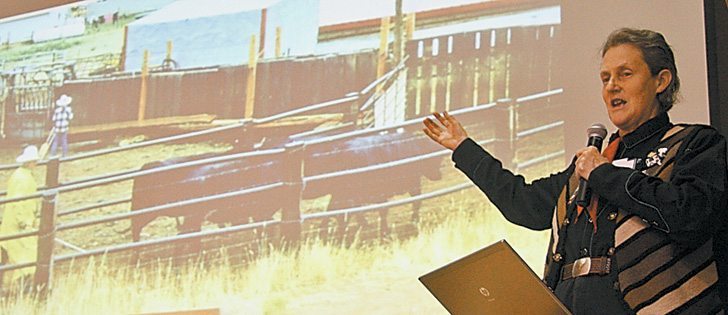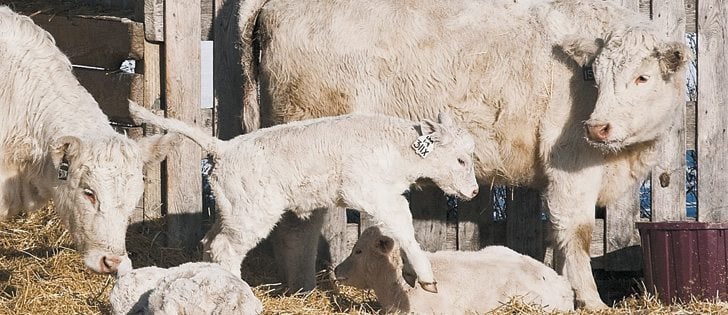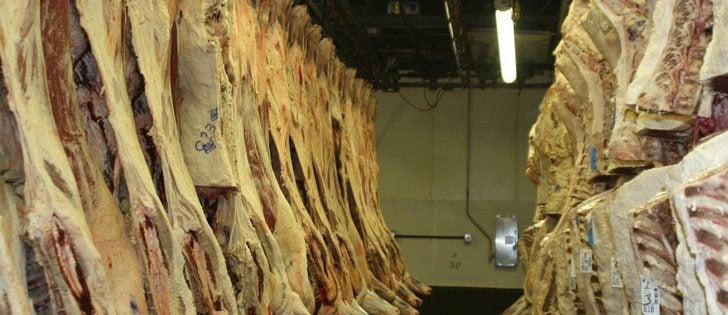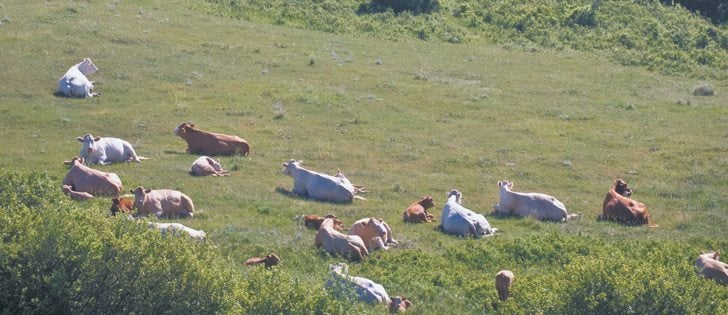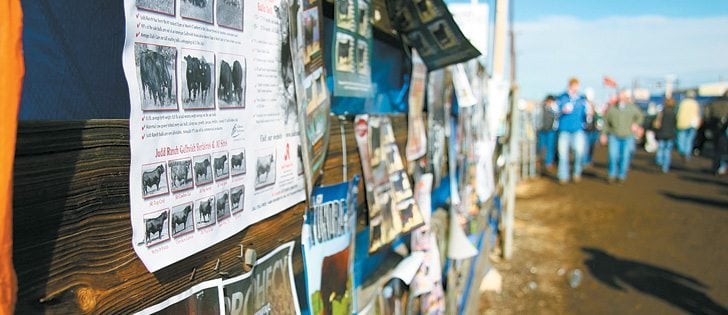Some bulls prone to stress | Stressful situations that last several days can reduce testosterone production
A one-day event isn’t enough to negatively impact a bull’s sperm production, said Colin Palmer of the University of Saskatchewan’s College of Veterinary Medicine.
To influence fertility, the event has to occur over a longer period of time, such as a snowstorm or a prolonged bout with lameness or illness.
“There’s been a lot of things that could’ve happened to that bull from the time that his semen test occurred just before the sale until the time he is presented to us,” Palmer told the Farm Animal Council of Saskatchewan’s recent stockperson’s school in Saskatoon.
Read Also

Canadian Food Inspection Agency slammed for handling of bovine tuberculosis case
The federal government leans heavily on producers to “take one for the team” and risk their livelihoods without any reassurance of support.
The experience of sorting, trucking and even semen testing bulls isn’t enough to affect an animal’s fertility, he added.
“Even if the bull falls down in the chute and gets all wound up, unless he hurts himself in there, it’s not going to affect the semen quality at all.”
Seasonal, hereditary, nutritional and puberty-related factors can influence fertility, but stress and heat are common factors that arise after a fertility test, he said. Both influence the animal in a similar way by slowing its testosterone production.
Stressful situations, in which the animal is unable to cope with its environmental demands, inhibit testosterone production because of the influence of cortisol, a stress hormone, said Palmer.
He linked these events to injuries, illness and storms lasting three or four days.
“Having said that, I do wonder if there are some bulls out there that are more prone to stressful events, just like some people perhaps driving through the city of Saskatoon on the way to work — that’s a stressful event for them — they might be prone to meltdowns.”
He said inguinal hernias and dermatitis can increase the animal’s testicular temperature, which should be cooler than its core.
Higher temperatures in that region cause an increase in tissue metabolic rate, leading to oxygen starvation in the testes and less testosterone.
“Let’s say that you lost a finger today and we’re going to take you over to the hospital and get that finger sewed up,” he said. “Most of you know that we’re going to put that on ice and cool it down. That’s going to keep that tissue healthier longer. If the temperature gets too high, there’s going to be breakdown of that tissue.”
Most commonly used drugs won’t influence semen quality, with the exception of dexamethasone, but Palmer said the animal will require time to recover once the problem has been remedied.
“Be aware that several days, or months perhaps, may be needed for a bull to recover from a stressful event.”



